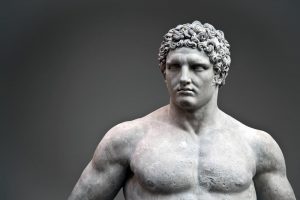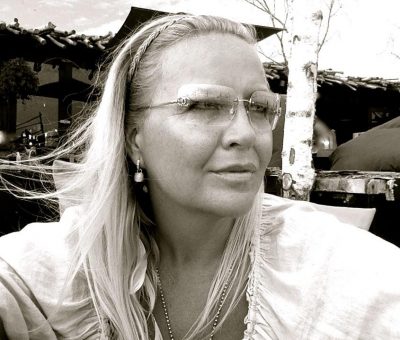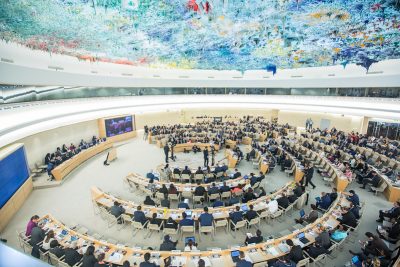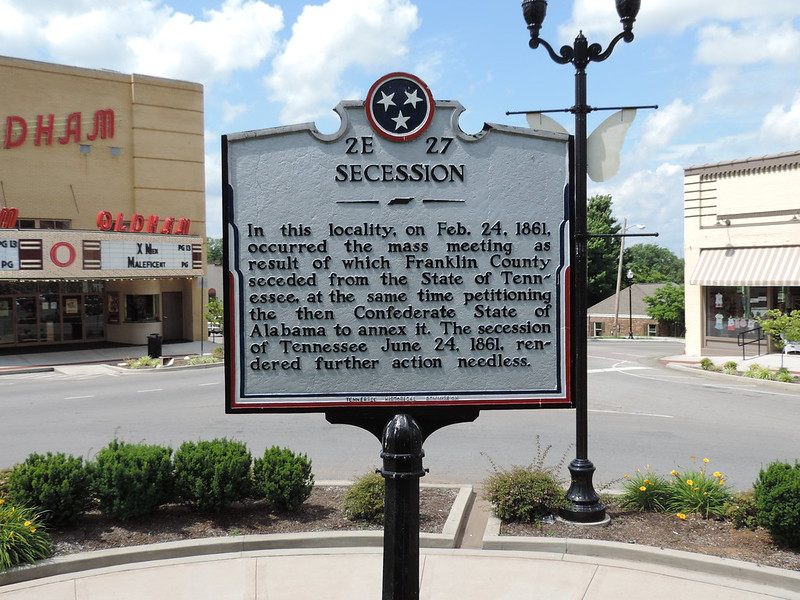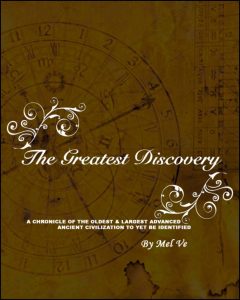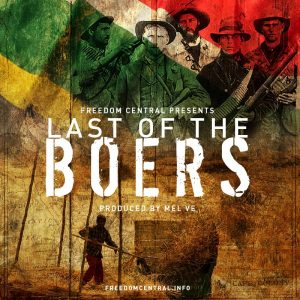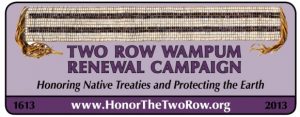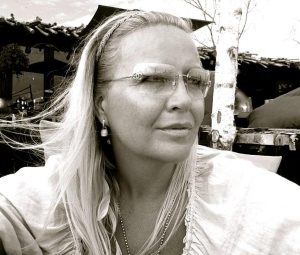Two Definitions of ‘Nation’ — Ethnic and Civic/Multicultural
As definitions of national terms are becoming blurred nowadays, it is important to define some key terminology:
According to Wikipedia https://en.wikipedia.org/wiki/Nation, there are two types of nations now: ethnic nations and civic/multicultural nations. Historically, the term ‘nation‘ used to mean ‘ethnic nation’ by default.
In this article the term ‘nation’ defines an ethnic group and is different from a country or a state and not related to territory. Nation is not related to a land; instead, it just defines a group of people that identify with each other by means of culture, origin and language.
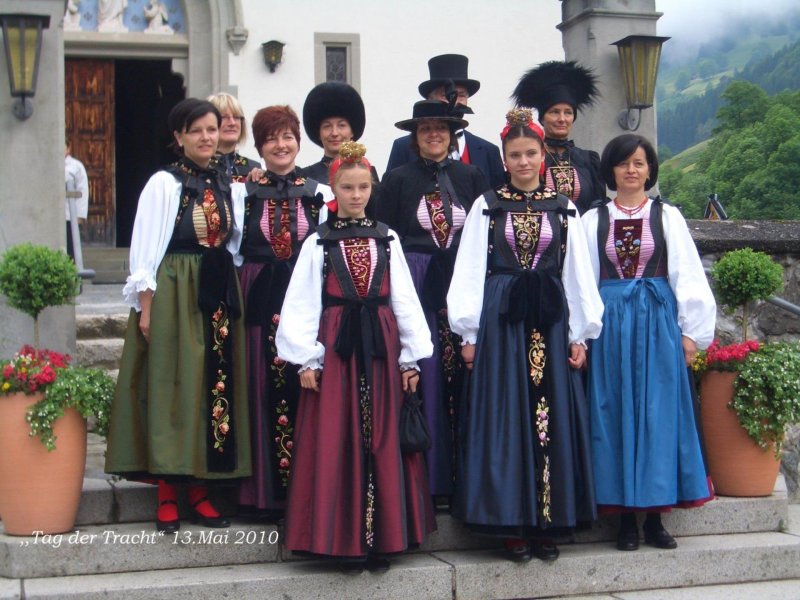
Ethnic nation (French, German, Japanese 100–200 years ago) is an ethnic group with a traditional meaning in which members of the ethnic group belong to the same close DNA family and evolved together for a long time to develop a distinctive language and culture. The ethnic nation can form a Nation State. (https://en.wikipedia.org/wiki/Nation_state).
Multicultural nation (Modern USA, UK) is a mix of different ethnic groups put together under a homogenised culture in which all guest ethnic groups, apart from the host group, have to use another language for official communication within the host country (e.g., English in the UK). A Multicultural nation can be called a Multinational state.
This definition is quite relative still as most ethnic groups were exposed to constant multicultural influences over thousands of years of existence; therefore, it is hard to trace most of the nations to their purest form that existed possibly thousands of years ago.
Another term to highlight is self-determining national state or a self-determining national community, which is a group of people that belong to a single ethnic nation and are defined as a territory.
In the case of a self-determining national state, we mean a country where a single nation defines all the policies within the government according to the traditional national interest. There is a similar term: authentic ethnic state. A state-founding nation forms a nation state (https://en.wikipedia.org/wiki/Nation_state ) or a territory.
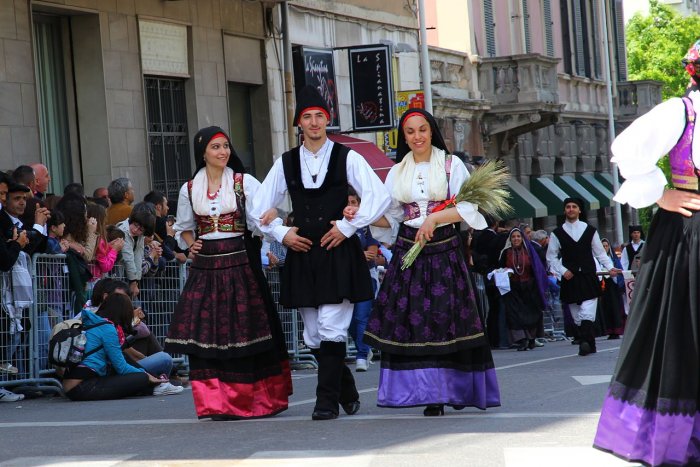
In the case of a self-determining national community, we refer to a community where a single nation regulates internal community interactions in the traditional national interest as far as the law of the official government of the residing country allows. A similar term is authentic ethnic community.
Disadvantages of Living in a Multicultural Country
It is harder to find a common language and common ground with people in an environment where many people are from different backgrounds. If we take, for example, different religions, different cultures, different family backgrounds, different relationships between men and women, different perceptions of the world, or almost any activity, then you may find a very narrow framework in this case for people to interact and understand each other. There are only a few basic concepts and terms that are clear and unambiguous. This is not enough for anyone to express themselves fully in their own way according to their cultural background and genetics; for example, people may have differing perceptions of art, music and literature. People find familiarity and comfort within their own social groups.
Genetics define physiology, mentality, how people perceive the world in their own unique way and act accordingly. Genetics doesn’t just define physiology but also defines the character of the people. When looking at small children, it is easy to see their initial character traits, usually recognisable from their parents or grandparents. Together with character come talents in art, music, playing chess, and skills such as communication and empathy, genetically inherited from their kin and/or ancestors.
When you get different people from different cultural backgrounds, and you put them together, over several generations, nothing remains of any of their cultures. Their original values and customs are all gone. The cultural heritage disappears and then you have a new average culture, which is very limited, and does not represent any of the original cultures. This is what forced ‘diversity’ produces.
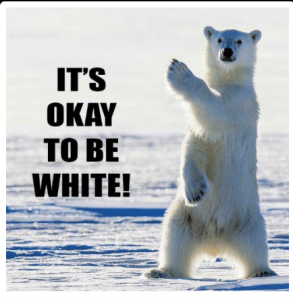 People should be better equipped in order to understand the concept, because in the informational space in the Western world, people are quite restricted from saying that they are proud of who they are. And people have to interact with others not based on one’s own ethnic etiquette, but instead based on multicultural etiquette or political correctness. I believe people should be comfortable and confident with talking about who they are and how they want to live. It is about them and their human rights.
People should be better equipped in order to understand the concept, because in the informational space in the Western world, people are quite restricted from saying that they are proud of who they are. And people have to interact with others not based on one’s own ethnic etiquette, but instead based on multicultural etiquette or political correctness. I believe people should be comfortable and confident with talking about who they are and how they want to live. It is about them and their human rights.
Preserving and Developing DNA and Culture of an Ethnic Group
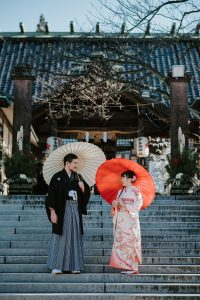 Multicultural countries and communities come with genetic and cultural intermixing of different nations and races. Mixing genetics by a way of interracial marriages is a big step, both for a nation and individuals. There are groups within well-known successful nations who don’t accept it — Jewish, Indian, Muslim. Many other nations promote national preservation in a softer way. The main purpose of this restriction is to preserve your own culture in your generation and pass it to the next generation. It is a human right to decide what children you want to have and it is a human right to live in the national environment you want. There are studies that show that there could be a risk to physical and mental health and wellbeing for children of interracial marriages. To start I should say that producing offspring between members of different nations should be researched properly first by honest scientists. We can observe nature to some extent to get an idea what results it may bring. It looks to me that decisions of bringing different genes into single body should be taken seriously, as it leads to mixing of physical and psychological frameworks developed by different nations. How different genes are going to mix? Will it work? This needs to be answered by scientists first.
Multicultural countries and communities come with genetic and cultural intermixing of different nations and races. Mixing genetics by a way of interracial marriages is a big step, both for a nation and individuals. There are groups within well-known successful nations who don’t accept it — Jewish, Indian, Muslim. Many other nations promote national preservation in a softer way. The main purpose of this restriction is to preserve your own culture in your generation and pass it to the next generation. It is a human right to decide what children you want to have and it is a human right to live in the national environment you want. There are studies that show that there could be a risk to physical and mental health and wellbeing for children of interracial marriages. To start I should say that producing offspring between members of different nations should be researched properly first by honest scientists. We can observe nature to some extent to get an idea what results it may bring. It looks to me that decisions of bringing different genes into single body should be taken seriously, as it leads to mixing of physical and psychological frameworks developed by different nations. How different genes are going to mix? Will it work? This needs to be answered by scientists first.
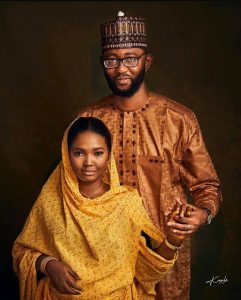 Careful consideration should be given to couples of mixed race when choosing to have children, so as not to confuse them as to which culture they belong to. A strong nation is a culture that embraces their cultural heritage. When people want to find someone to marry, it presents less challenges when they stay within their community to preserve their culture. This is how you maintain the integrity of your nation. If people massively start to marry people from distant nations or different races, their own nation will loose the original form and traits. It is important to emphasise the gravity of this decision for any nation. The outcome will be a cultural homogenisation which will replace original authentic cultures. Due to cultural homogenisation, there will be greater cultural difficulties, the outcome of which can not be foreseen or calculated.
Careful consideration should be given to couples of mixed race when choosing to have children, so as not to confuse them as to which culture they belong to. A strong nation is a culture that embraces their cultural heritage. When people want to find someone to marry, it presents less challenges when they stay within their community to preserve their culture. This is how you maintain the integrity of your nation. If people massively start to marry people from distant nations or different races, their own nation will loose the original form and traits. It is important to emphasise the gravity of this decision for any nation. The outcome will be a cultural homogenisation which will replace original authentic cultures. Due to cultural homogenisation, there will be greater cultural difficulties, the outcome of which can not be foreseen or calculated.
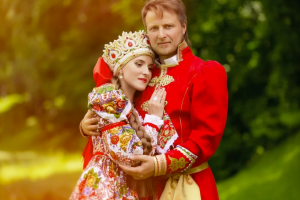 Human DNA can evolve over generations in amazing and unique ways. I wish to consider for a moment the human potential for development within the same ethnic group. Let’s consider for a moment a family of pianists that marry only pianists from the same ethnic group that share the same national foundation of the musical world, combining different outlooks of both families within single ethnicity. Over several generations they can master their skill with parents teaching their children. Just imagine what they can accomplish in ten generations and how valuable their music could be to their community.
Human DNA can evolve over generations in amazing and unique ways. I wish to consider for a moment the human potential for development within the same ethnic group. Let’s consider for a moment a family of pianists that marry only pianists from the same ethnic group that share the same national foundation of the musical world, combining different outlooks of both families within single ethnicity. Over several generations they can master their skill with parents teaching their children. Just imagine what they can accomplish in ten generations and how valuable their music could be to their community.
A Human Right to Live in an Authentic Ethnic Community or Country
Modern governments should be more friendly to their citizens. Communities should have more influence on government policies. A very important aspect should be about nationality. In accordance with our basic human rights, all nationals should be allowed to pursue activities which are in alignment with their own specific cultural heritage and traditions, and allowed to engage in activities that follow their authentic traditional way, even within the borders of another country. I advocate preservation of authentic cultures, which may be under threat by a dominant foreign culture. A similar concept is that of a self-determining nation state. This is where every nation in the world is entitled to have and rule their own country and to define all internal policies. And it is only one ‘self-determining nation’ that forms the backbone of a country and only people of this nation should hold all major posts in administration, courts, army, parliament, police, culture, etc.
 This self-determining nation state can decide how they want to live, and if they want to accept any foreigners or not. Many people are against mass immigration. I believe that most forced mass immigration is harmful to the culture of any nation. There are different ways to help your neighbours by preserving your said neighbour’s culture on their land, or on some intermediary land, and not forcing the neighbour’s culture onto your own population. And it is a healthy state of a nation to preserve the genetic integrity of its people. Also with uncontrolled immigration there are more chances to shift the status quo of a nation serving as a host. If you are a host and you have guests, you define a “guest” as someone who comes and goes and does not change the rules of the house. A healthy state of affairs for a country is that you have foreigners coming for trade or to do any joint projects temporarily; after that, all the guests should go back to their native country. But at the moment, we can see in the Western countries that this concept doesn’t work, where a guest is given the same rights as a host nation. I think more emphasis should be placed by all the guests to respect the traditions of the native people. It is the host nation that worked for generations to build prosperity for its country. Any guest should respect a host nation. I think it is fair that foreigners should not have the same rights as the native people of the host as they are guests in someone’s house.
This self-determining nation state can decide how they want to live, and if they want to accept any foreigners or not. Many people are against mass immigration. I believe that most forced mass immigration is harmful to the culture of any nation. There are different ways to help your neighbours by preserving your said neighbour’s culture on their land, or on some intermediary land, and not forcing the neighbour’s culture onto your own population. And it is a healthy state of a nation to preserve the genetic integrity of its people. Also with uncontrolled immigration there are more chances to shift the status quo of a nation serving as a host. If you are a host and you have guests, you define a “guest” as someone who comes and goes and does not change the rules of the house. A healthy state of affairs for a country is that you have foreigners coming for trade or to do any joint projects temporarily; after that, all the guests should go back to their native country. But at the moment, we can see in the Western countries that this concept doesn’t work, where a guest is given the same rights as a host nation. I think more emphasis should be placed by all the guests to respect the traditions of the native people. It is the host nation that worked for generations to build prosperity for its country. Any guest should respect a host nation. I think it is fair that foreigners should not have the same rights as the native people of the host as they are guests in someone’s house.
 Many people are confused at the moment, but things are changing for the better. There are people who prefer living in a globalist multicultural country or community; it is up to them; this option is available to them. But those who don’t wish to live as such should be given an option to live in an ethnically authentic community/country, because I believe it is everyone’s human right.
Many people are confused at the moment, but things are changing for the better. There are people who prefer living in a globalist multicultural country or community; it is up to them; this option is available to them. But those who don’t wish to live as such should be given an option to live in an ethnically authentic community/country, because I believe it is everyone’s human right.
I am in favour of a national way of doing things that is in line with cultural heritage, with its unique authentic features and perception of arts, human values, human rights, the way to establish family and its traditions. Otherwise, a multicultural approach offers a very narrow framework which many nations living together have to adapt to in order to be able to communicate.
If a forcefully mixed community finds it difficult to work on common ground for the benefit of its members, then we should just let this multicultural community split into authentic ethnic communities, within which you won’t have national and religious clashes.
 Each and every nation has its own unique way of doing things in accordance with history, cultural heritage taken from ancestors and preserved over time. It does change over centuries but the soul of the nation remains intact. My personal preference is a real diversity of different nations expressing themselves, using their natural right to preserve and develop to the fullest expression of beauty and uniqueness.
Each and every nation has its own unique way of doing things in accordance with history, cultural heritage taken from ancestors and preserved over time. It does change over centuries but the soul of the nation remains intact. My personal preference is a real diversity of different nations expressing themselves, using their natural right to preserve and develop to the fullest expression of beauty and uniqueness.
Defining a Friendly Foreign Policy
You can easily find several aggressive empires that existed over the last three thousand years. These Empires came to their neighbours, told them what to do and how to do it. They came with threats and/or war, applied colonial policies and became parasites of their neighbours, by destroying the wellbeing of the people of the conquered country and robbing resources and minerals from the land.
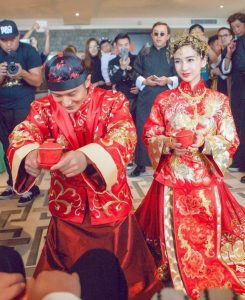 These empires didn’t ask their neighbours what they wanted to do, or consider how they wanted to live. Examples of these empires are the Roman Empire, the Ottoman / Turkish Empire, and the British Empire. Their international framework was not respectful to other nations.
These empires didn’t ask their neighbours what they wanted to do, or consider how they wanted to live. Examples of these empires are the Roman Empire, the Ottoman / Turkish Empire, and the British Empire. Their international framework was not respectful to other nations.
The other way of establishing relationships with your neighbours is to give a friendly message. When it comes to other nations you allow others to keep their culture, and you can be friends with these cultures, as well as not wanting to force anything on someone else’s land. You can establish a military alliance. You can learn from each other, and together become stronger. You can share knowledge and still develop your own unique features, because everyone has their talents and skills. You can work together on education and science. This is an example of a friendly alliance based on cooperation. It is worth having a respectful relationship. It is about the symbiotic relationship between two nations or ethnic communities.
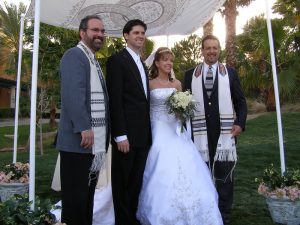 The next thing that you have are communities within the countries, even with government structures established around it. When people relocate into another country, they tend to stay close to their own people and form ethnic communities. That is what happened in America. Italian Americans have their own districts, Jewish people have their own districts. Foreigners coming to another country quite often form districts and keep closer connections with other foreigners. This way, people can preserve their heritage. This way, an ethnic group can keep its own way of life and establish relationships with other ethnic or multicultural communities around them. You can form the same sort of alliances that are based on respect whilst acknowledging the differences. Furthermore, you can define where you want to live, how you want to preserve your culture and that you want your children to keep this culture and have diplomatic relationships.
The next thing that you have are communities within the countries, even with government structures established around it. When people relocate into another country, they tend to stay close to their own people and form ethnic communities. That is what happened in America. Italian Americans have their own districts, Jewish people have their own districts. Foreigners coming to another country quite often form districts and keep closer connections with other foreigners. This way, people can preserve their heritage. This way, an ethnic group can keep its own way of life and establish relationships with other ethnic or multicultural communities around them. You can form the same sort of alliances that are based on respect whilst acknowledging the differences. Furthermore, you can define where you want to live, how you want to preserve your culture and that you want your children to keep this culture and have diplomatic relationships.
Dealing with the Past Trauma of National Conflicts
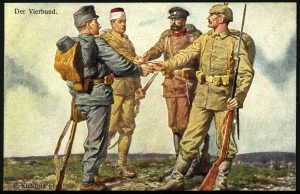 All the existing conflicts come with a lot of anger and have caused a lot of pain, and people want to take revenge at some point in the future.
All the existing conflicts come with a lot of anger and have caused a lot of pain, and people want to take revenge at some point in the future.
Revenge? It could be endless.
You can keep any war or any armed conflict going on forever. For example, as in the case of what happened with Germany after WWI. Germans after having lost WWI had a feeling of unfairness and wanted to have revenge. You can look into your past all the time. But what about your future?
Do people actually want to try to live in a different world?
Do we need to take revenge after conflict?
Or take revenge after revenge?
A nation should have a strong army and be able to defend themselves. But, there are also diplomatic efforts which I think should be taken to figure out if there are any neighbours who want to live on a different basis of symbiotic, mutual cooperation.
The cooperative style is based on the idea that, actually, both sides really want to live peacefully together and have a conversation first before they have an argument or go to war.
However this can’t always be the case. It is part of protocol that you only go to war if the secondary party is the aggressor. That is not negotiation; that is plain and simply a hostile act of war.

There should always be a reasonable coalition from both parties in order to prevent conflict and/or build a route to heal the pain of past conflict. Every party within this coalition should condemn the bad deeds of their own people from their own nation and build bridges with another party for a peaceful resolution.
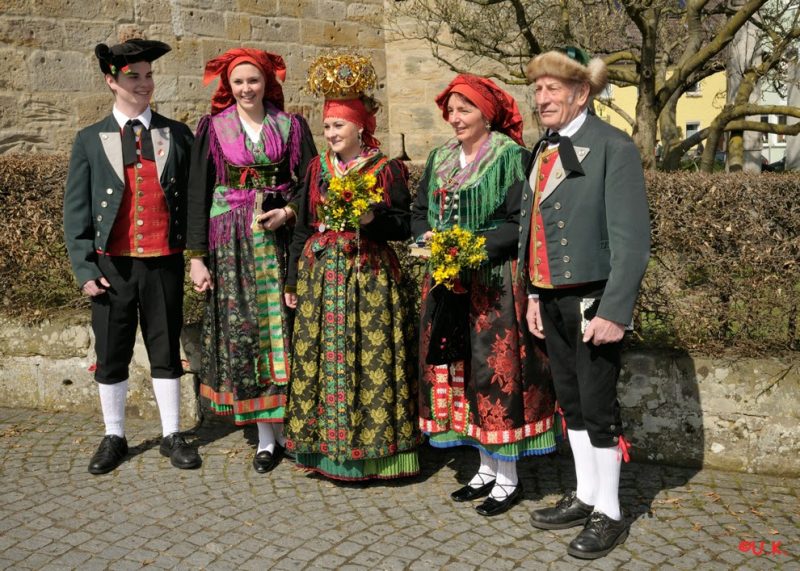
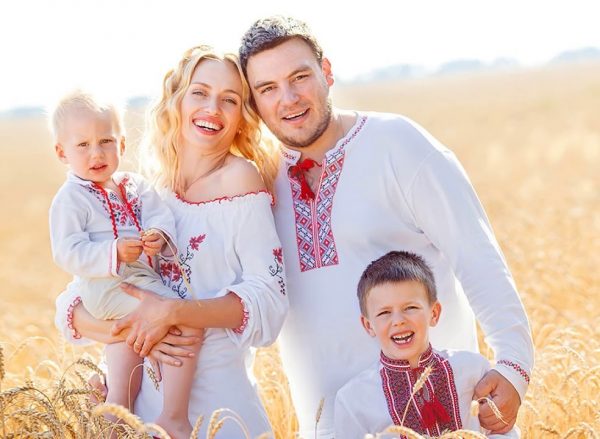
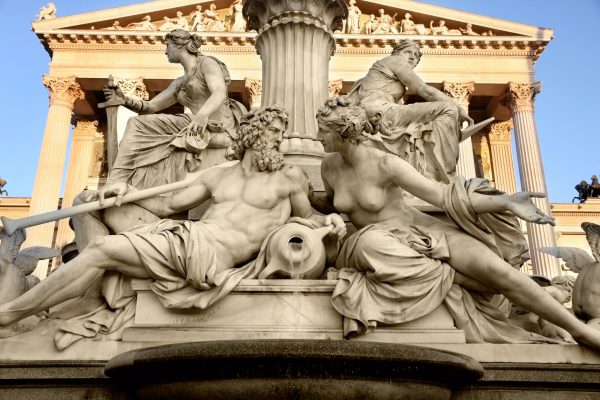
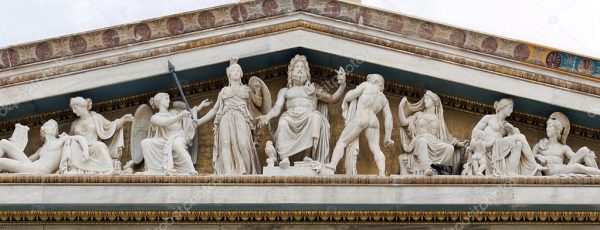
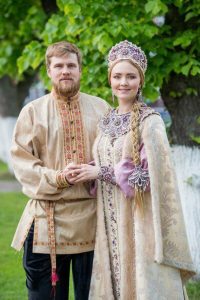 My view is that it is difficult to find a pure nation or pure race nowadays. A lot of intermixing has happened within the White race and across other races and nations. Countries’ borders have been changed, and history has been rewritten many times. Ethnic groups have migrated from one place to another and have been conquered and freed multitudes of times over the centuries. After all of this, it is not an easy task to describe the white race culture
My view is that it is difficult to find a pure nation or pure race nowadays. A lot of intermixing has happened within the White race and across other races and nations. Countries’ borders have been changed, and history has been rewritten many times. Ethnic groups have migrated from one place to another and have been conquered and freed multitudes of times over the centuries. After all of this, it is not an easy task to describe the white race culture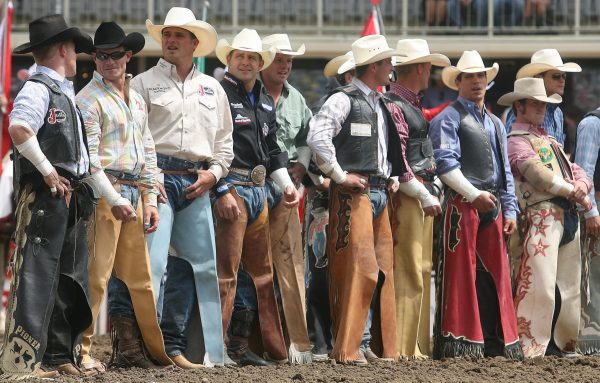
 Protestants, Catholics, Orthodox and other Christian denominations, together with atheist groups, are obstacles to overcome in order to connect with your people having different belief system or religion branch. This dogmatic religious setting is quite deeply instilled in the basic orientation of the followers and one must be quite brave to overcome this. Some people dig even deeper into the ancient traditions of Germanic, Scandinavian, Slavic and Celtic pantheons of gods, and related mythology, reviving images of Odin, Thor, Brigit
Protestants, Catholics, Orthodox and other Christian denominations, together with atheist groups, are obstacles to overcome in order to connect with your people having different belief system or religion branch. This dogmatic religious setting is quite deeply instilled in the basic orientation of the followers and one must be quite brave to overcome this. Some people dig even deeper into the ancient traditions of Germanic, Scandinavian, Slavic and Celtic pantheons of gods, and related mythology, reviving images of Odin, Thor, Brigit  Over time, one (or a few) ancient languages have been split into many languages and dialects or even replaced with superficial languages. This is part of a “divide and conquer” tactic in which a new language is introduced and a population of the country grows and learns only this language; as a result, the whole cultural heritage is lost (books, poems, songs) as a new language comes with no history. Some bright people are already working hard to bring similar languages back to the common linguistic origin to simplify communication and restore cultural origin.
Over time, one (or a few) ancient languages have been split into many languages and dialects or even replaced with superficial languages. This is part of a “divide and conquer” tactic in which a new language is introduced and a population of the country grows and learns only this language; as a result, the whole cultural heritage is lost (books, poems, songs) as a new language comes with no history. Some bright people are already working hard to bring similar languages back to the common linguistic origin to simplify communication and restore cultural origin.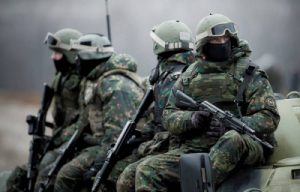 During World War II, the fight between English, American, German and Russian people should never have happened because these major players had a major white population. White people should have realised that something was wrong with their government when they attacked another country with a white population (their brothers and sisters). The people of these countries should seek to become friends and heal the past wounds together, understanding that ordinary decent people never want to hurt other decent people from the other side of the border.
During World War II, the fight between English, American, German and Russian people should never have happened because these major players had a major white population. White people should have realised that something was wrong with their government when they attacked another country with a white population (their brothers and sisters). The people of these countries should seek to become friends and heal the past wounds together, understanding that ordinary decent people never want to hurt other decent people from the other side of the border.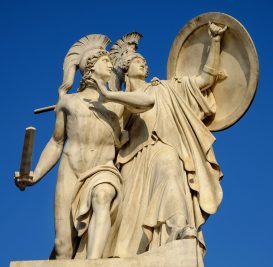 Many honourable white people work hard to shine the light on the covered-in-the-sand culture of Ancient White Civilisation. Dedicated historians are digging for the real history of the White race; its greatness and challenges which go back hundreds and even thousands of years. Talented poets and writers are able to draw on the best traditions and human values of strong families, communities, patriotism, and the best human virtues such as dignity, love, and honour, bringing them into the light of the modern day.
Many honourable white people work hard to shine the light on the covered-in-the-sand culture of Ancient White Civilisation. Dedicated historians are digging for the real history of the White race; its greatness and challenges which go back hundreds and even thousands of years. Talented poets and writers are able to draw on the best traditions and human values of strong families, communities, patriotism, and the best human virtues such as dignity, love, and honour, bringing them into the light of the modern day.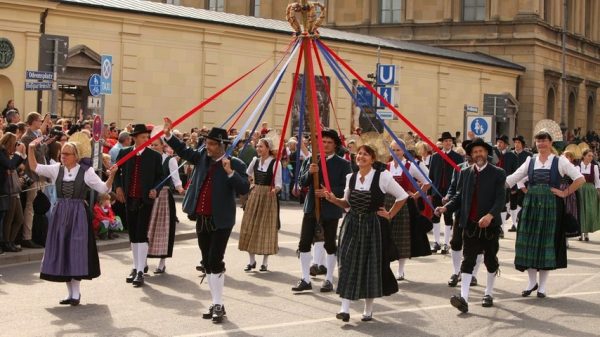
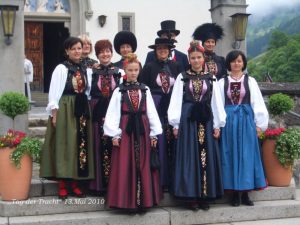 We should rebuild the value of close and extended family, previously lost feelings of a kindred and a clan. We should recreate the concept of an Elders Council, to support and advise to establish strong mutual support community structures, such as military and justice systems whilst rebuilding patriotism and national and racial consciousness.
We should rebuild the value of close and extended family, previously lost feelings of a kindred and a clan. We should recreate the concept of an Elders Council, to support and advise to establish strong mutual support community structures, such as military and justice systems whilst rebuilding patriotism and national and racial consciousness.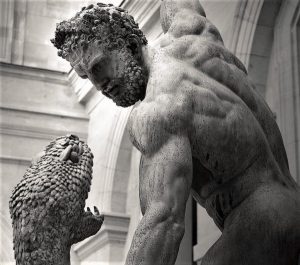 We must clearly identify the enemy and take back control. Invasive, evil, parasitic hierarchy of globalists power should be replaced and transformed appropriately to serve the White race people.
We must clearly identify the enemy and take back control. Invasive, evil, parasitic hierarchy of globalists power should be replaced and transformed appropriately to serve the White race people.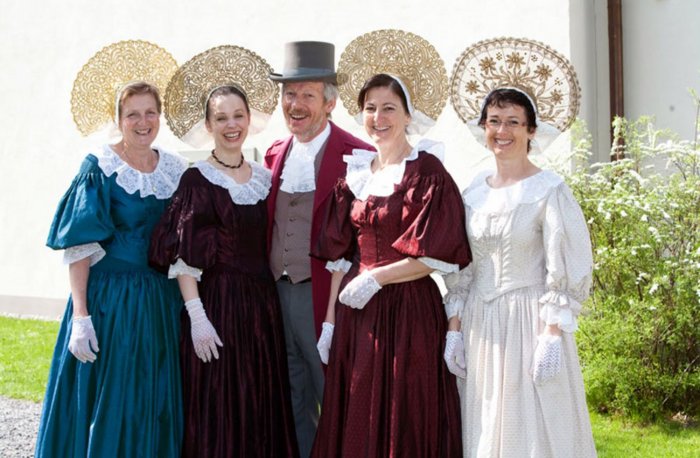 Many people have been living in Western Countries for generations and most of them have no memories of something different. Whilst we have an image that they are advanced and civilised, they are also full of flaws:
Many people have been living in Western Countries for generations and most of them have no memories of something different. Whilst we have an image that they are advanced and civilised, they are also full of flaws:

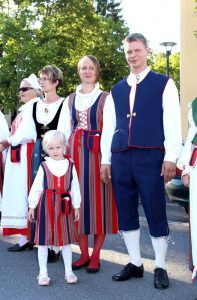 After centuries of influence of the above factors, it takes courage for a white person to relate to another white person from anywhere around the world as in the case of Russians and Americans during the Cold War. One usually hits one or all of the above obstacles. It is quite a monumental task to overcome them. Nowadays, even relating to another white person in your own country is quite a difficult step. The ratio of mutual help and cooperation is quite low, as white people live mostly isolated from others, only thinking for themselves or their close family.
After centuries of influence of the above factors, it takes courage for a white person to relate to another white person from anywhere around the world as in the case of Russians and Americans during the Cold War. One usually hits one or all of the above obstacles. It is quite a monumental task to overcome them. Nowadays, even relating to another white person in your own country is quite a difficult step. The ratio of mutual help and cooperation is quite low, as white people live mostly isolated from others, only thinking for themselves or their close family. 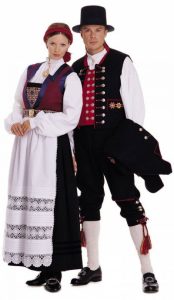 White people are suffering from the shrinking of vital space in the USA. There are government and corporate policies in place to reduce the number of available jobs and places at universities for white people. There is discrimination taking place in their home country. It works in a softer way in Germany, France and England. Under the disguise of inclusion and diversity, the white population is being moved away from media advertising campaigns. Multicultural images dominate most of the ads. HR departments of big corporations work hard to ensure white males are the last category of candidates to be considered for a new job. This campaign is covered up by fake scientific research suggesting that diversity is good for business, but this theoretical statement is not measured at work, and, for many, it is obvious political campaigning which is taking place to replace the white population. It is even sometimes called “positive discrimination.”
White people are suffering from the shrinking of vital space in the USA. There are government and corporate policies in place to reduce the number of available jobs and places at universities for white people. There is discrimination taking place in their home country. It works in a softer way in Germany, France and England. Under the disguise of inclusion and diversity, the white population is being moved away from media advertising campaigns. Multicultural images dominate most of the ads. HR departments of big corporations work hard to ensure white males are the last category of candidates to be considered for a new job. This campaign is covered up by fake scientific research suggesting that diversity is good for business, but this theoretical statement is not measured at work, and, for many, it is obvious political campaigning which is taking place to replace the white population. It is even sometimes called “positive discrimination.”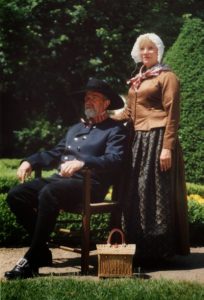 There are laws on British land that do not allow any form of discrimination when considering candidates for a role, but stopped working, and discrimination happens against white males. Even before when this legislation used to work
There are laws on British land that do not allow any form of discrimination when considering candidates for a role, but stopped working, and discrimination happens against white males. Even before when this legislation used to work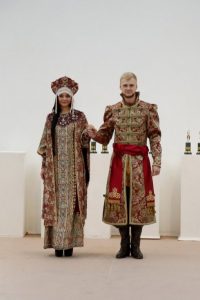 Mixed race marriages and couples are promoted throughout the media, but let’s say the result of this is that both original races and cultures will cease to exist. There should also be a platform provided for the voices of the people who want to live in the monocultural as opposed to the multicultural community. An obvious fact is that multicultural communities don’t work for all. So let us raise this matter! An obvious solution would be to have several monocultural communities in the same country with their rights protected by law.
Mixed race marriages and couples are promoted throughout the media, but let’s say the result of this is that both original races and cultures will cease to exist. There should also be a platform provided for the voices of the people who want to live in the monocultural as opposed to the multicultural community. An obvious fact is that multicultural communities don’t work for all. So let us raise this matter! An obvious solution would be to have several monocultural communities in the same country with their rights protected by law. 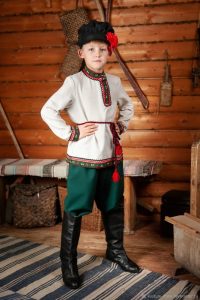 Children are taught to accept multiculturalism from school, but there is no focus on the fact that their ancestors actually created this country. They have worked hard for many generations to preserve their heritage, pass it to their descendants and keep the traditions living on. Anyone who dares talk about nations or races is called “racist,” to the point where most people are scared to talk about it at all. But is it not a very important part of our life?
Children are taught to accept multiculturalism from school, but there is no focus on the fact that their ancestors actually created this country. They have worked hard for many generations to preserve their heritage, pass it to their descendants and keep the traditions living on. Anyone who dares talk about nations or races is called “racist,” to the point where most people are scared to talk about it at all. But is it not a very important part of our life?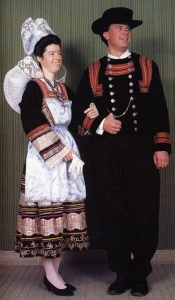 Let us not fall into the trap of directing our anger onto other nations and races who are really in the same boat as us. To be clear about relationships with other nations — I believe there is no reason why we cannot live peacefully with other nations and races who have respect for their neighbours. All the people can be given rights to return to their homeland or form a community within the Western countries, and then have a friendly discussion about the future. Other nations and races have the same issue with the globalist forces and the fact that White race is under attack, this does not mean that others are not going to be attacked next. We should be very clear that our anger should not be directed to other nations who had to leave their homelands because of wars or difficult economic situations. We should make friends with them and work together to restore our traditional national societies.
Let us not fall into the trap of directing our anger onto other nations and races who are really in the same boat as us. To be clear about relationships with other nations — I believe there is no reason why we cannot live peacefully with other nations and races who have respect for their neighbours. All the people can be given rights to return to their homeland or form a community within the Western countries, and then have a friendly discussion about the future. Other nations and races have the same issue with the globalist forces and the fact that White race is under attack, this does not mean that others are not going to be attacked next. We should be very clear that our anger should not be directed to other nations who had to leave their homelands because of wars or difficult economic situations. We should make friends with them and work together to restore our traditional national societies.

 support for families with children
support for families with children 